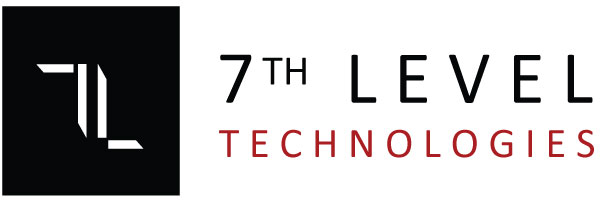Managed IT Services are outsourced solutions where a third-party provider (Managed Service Provider or MSP) manages and supports an organization’s IT infrastructure, networks, cybersecurity, and user systems. This model is proactive, cost-effective, and scalable—ideal for businesses that want enterprise-grade IT without maintaining a full in-house team.
What Are Managed IT Services?
They are ongoing, contract-based services that cover all or part of your IT operations. The MSP is responsible for monitoring, maintenance, support, and strategic guidance—often under a Service Level Agreement (SLA).
Core Offerings of a Managed IT Service Provider
|
Service Area |
What’s Included |
|
Network Management |
24/7 monitoring, firewall setup, router/switch management, performance tuning |
|
Help Desk Support |
Remote and on-site support for user devices and applications |
|
Cybersecurity |
Antivirus, endpoint protection, email filtering, SIEM, vulnerability scans |
|
Cloud Services |
Office 365/Google Workspace management, cloud backup, Azure/AWS support |
|
Data Backup & Disaster Recovery |
Automated backups, offsite storage, recovery planning |
|
Patch Management |
OS and software updates to prevent exploits and bugs |
|
Email & Collaboration |
Setup and support for Exchange, Outlook, Teams, Slack, etc. |
|
IT Strategy & Consulting |
Roadmaps, budget planning, compliance readiness |
|
Asset & License Management |
Track hardware/software lifecycle and licensing compliance |
Benefits of Managed IT Services
Proactive Support
Issues are identified and resolved before they cause downtime.
Cost Control
Flat-rate pricing replaces unpredictable break/fix IT costs.
Security Hardening
MSPs stay ahead of evolving cyber threats and compliance demands.
Access to Experts
Certified engineers and consultants available without full-time hires.
Scalability
Easily scale services as your business grows or downsizes.
Business Continuity
Backups, DR planning, and 24/7 monitoring reduce risk from disasters or breaches.
Common Industries Using MSPs
- Healthcare (HIPAA)
- Financial services (GLBA, PCI)
- Manufacturing (OT/IT convergence)
- Law firms (data confidentiality)
- Construction (project-based IT scaling)
- Retail (POS uptime, inventory systems)
Choosing a Managed IT Provider
Key Questions to Ask:
- Are services local, remote, or hybrid?
- What SLAs are in place for response and resolution times?
- Is 24/7 support included?
- How do they handle backups and disaster recovery?
- Do they offer cybersecurity as a service?
- Can they support compliance (e.g., HIPAA, SOC 2)?
